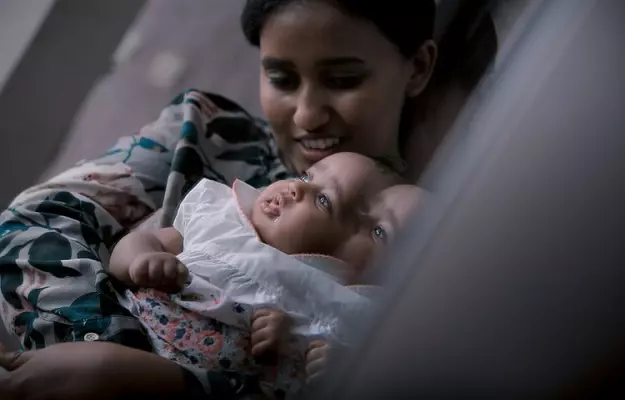Since December 2019, the world has increasingly come into the grip of COVID-19. This new coronavirus infection is highly contagious. By the end of March 2020, it had spread to 180 countries across the world and claimed the lives of over 39,000 people worldwide.
Given the global scale of this virus’ spread, and the fact that a cure or vaccine for COVID-19 is yet to be found by scientists, the best way to deal with the COVID-19 pandemic is to adopt all the preventive measures recommended by the World Health Organization (WHO), the US Centers for Disease Control and Prevention (CDC) and the Indian Council of Medical Research (ICMR).
However, there are certain groups of people who are at greater risk of getting severe forms of COVID-19 if they’re infected. This includes people with underlying conditions like cancer, asthma, diabetes, heart disease, etc., as well as very young babies and those who are over 60 years old (the risks increase substantially for people aged 80 and above). So it’s quite natural for parents, especially parents with newborns and infants, to be worried about their children contracting COVID-19.
Since everyone can get COVID-19, irrespective of age, gender, race, etc., it’s natural that babies and infants are at risk too. Going by the available data, however, there have been very few cases of infants and children getting severe symptoms of COVID-19 - most of them have a mild case. As of March 2020, there had been two infant deaths related to COVID-19, and even these were deemed as extremely rare cases. Cases had also come to light of a 12-year-old girl in Belgium and a 13-old- old boy in the UK passing away after contracting this illness in late March-early April.
Here’s everything you need to know about COVID-19 in newborn babies and infants, and the precautions parents must take.




































